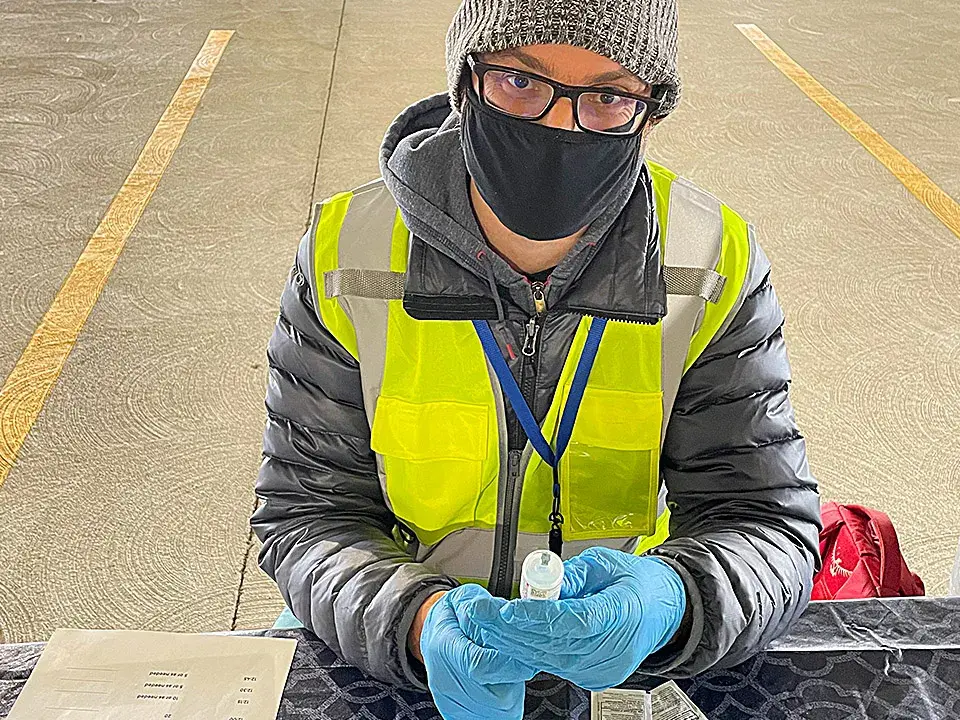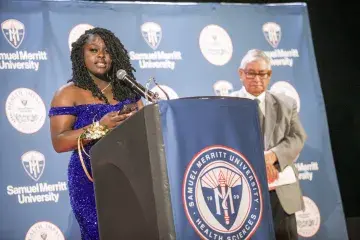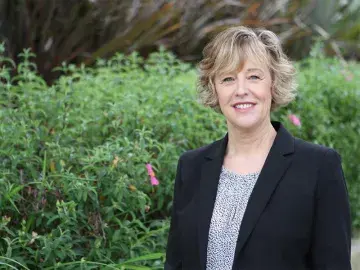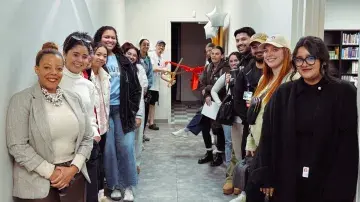What’s it Like Being a Public Health Nurse During the Pandemic?

A month after graduating, Nate Deardorff, BSN ’19, was hired as a public health nurse for foster care kids in El Dorado County, outside Sacramento. Then COVID hit. Instead of working in foster care, the county asked him to join its COVID team, fielding calls from the public, performing contact tracing, and conducting outbreak investigations. Now, he is in the clinic vaccinating people. He credits his training at SMU for giving him the ability to rapidly adapt to these new and unexpected roles.
Can you describe your role as a public health nurse?
I was hired in early 2020 as a foster care nurse for the El Dorado County Public Health Department, but I never actually spent a single day in that role. It seems surreal to think about this now, but the first case in California of community-spread COVID was reported the day I started my job. As I result, I was transitioned to a COVID-focused position. In the beginning, we had very few actual cases, so I was mostly fielding COVID questions from the public, but as cases began to mount, I transitioned into COVID contact tracing and case investigations. Now, in addition to doing contact tracing and case investigations, I am administering vaccines to the public.
Can you give an example of an outbreak that your team has traced?
The worst outbreak we worked on was at a gym. It started with a couple of the instructors and then quickly spread.
How were you able to determine the outbreak originated at the gym?
We did extensive interviews and were able to reconstruct who had been in contact with who. Also, many of the infected people were only wearing face shields, which provide almost no protection from infection. Unfortunately, we were not able to identify the source of infection until over 50 people were infected.
What are some of the challenges of doing contact tracing and case investigations?
In general, people have been incredibly helpful and transparent about their activities and who they have been in contact with, but there are still people who do not believe that COVID is real or who think that it is a government hoax. I have had people scream at me over the phone or hang up when they find out who I work for, which makes it incredibly difficult to effectively contact trace and investigate potential sources of COVID spread.
How do you feel about your job?
I really enjoy it. It is very rewarding to work within the community. I have given public health advice to everyone from CEOs to public defenders to jail lieutenants. Working in public health, you meet lots of people. It is never boring.
What would you say is the most important thing your training at SMU taught you?
Flexibility. In public health, you must be flexible. Our instructors really stressed this during our courses, and then also in the clinic. Being be able to roll with whatever comes at you is so important.
Has your COVID assignment inspired you to rethink what you want to focus on in your career?
I like public health for the time being. I will be staying in communicable disease rather than going back to my original foster care assignment.
What do you want to be doing in three years? Why?
In three years, I plan to continue to work in public health while I pursue a Family Nurse Practitioner master’s degree. I always wanted to get an advanced nursing degree since my first semester at SMU.


